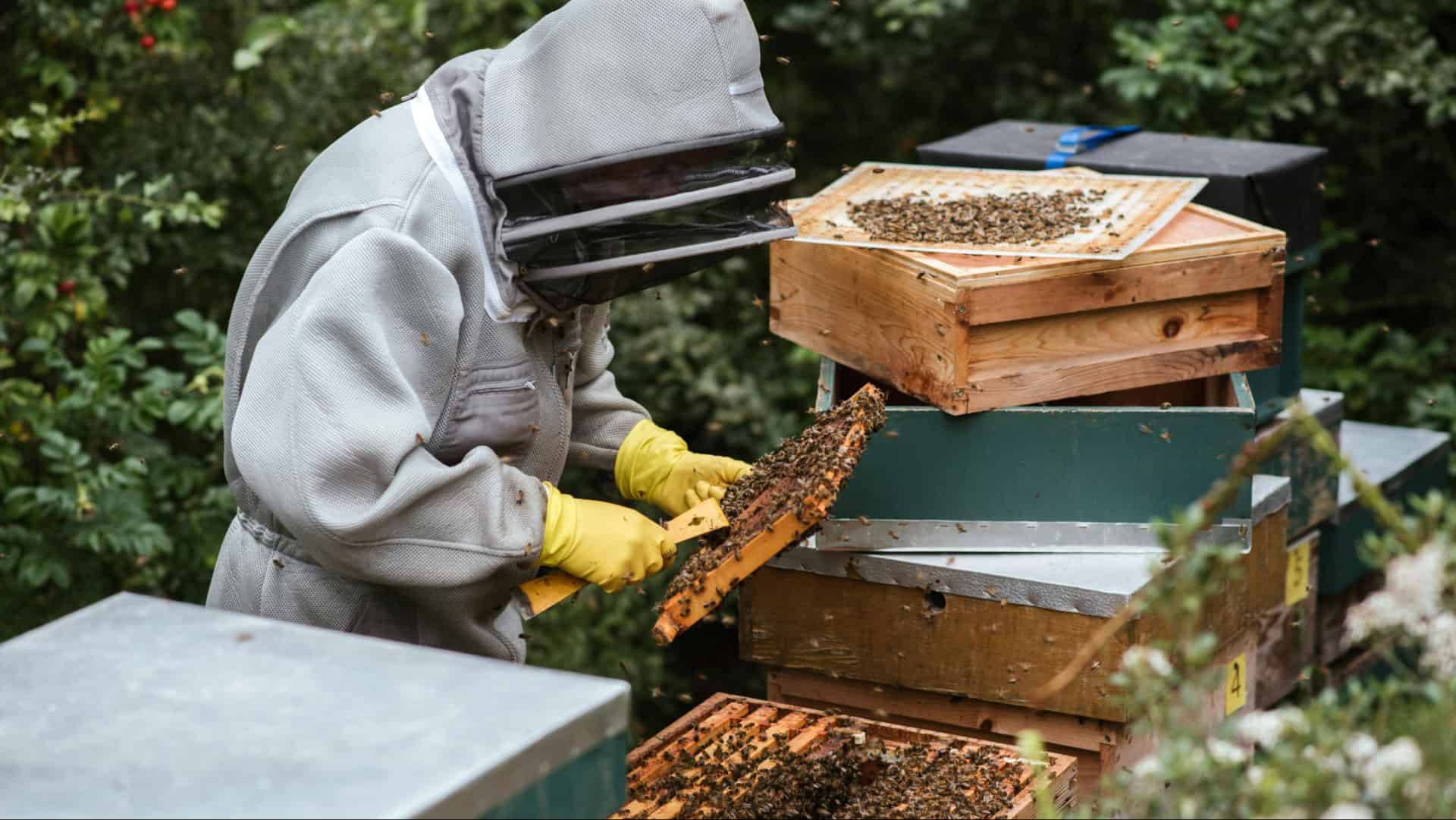Embarking on the journey of beekeeping can be as thrilling as it is challenging.
Whether you’re starting with one hive or envisioning a buzzing backyard, these tips will guide you from novice to expert.
This engaging guide will navigate you through essential practices, ensuring both your safety and the health of your beloved bees.
1. Choosing the Right Location
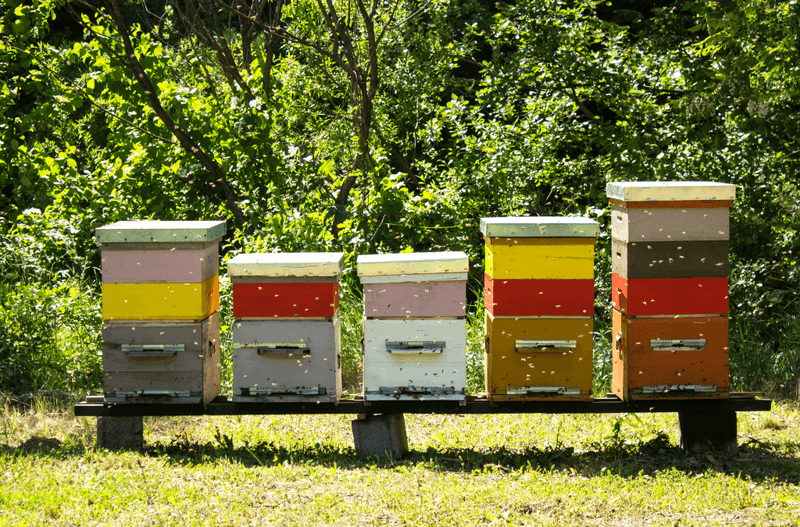
Finding the ideal spot for your hive is crucial. Choose a sunny, sheltered location away from foot traffic.
Bees need warmth, so avoid areas with excessive shade. Consider accessibility for your inspections and honey harvesting while ensuring a water source is nearby.
A thoughtful placement will keep your bees happy and productive. With this setup, your buzzing friends will thrive, bringing you joy and honey!
2. Suit Up with the Right Gear
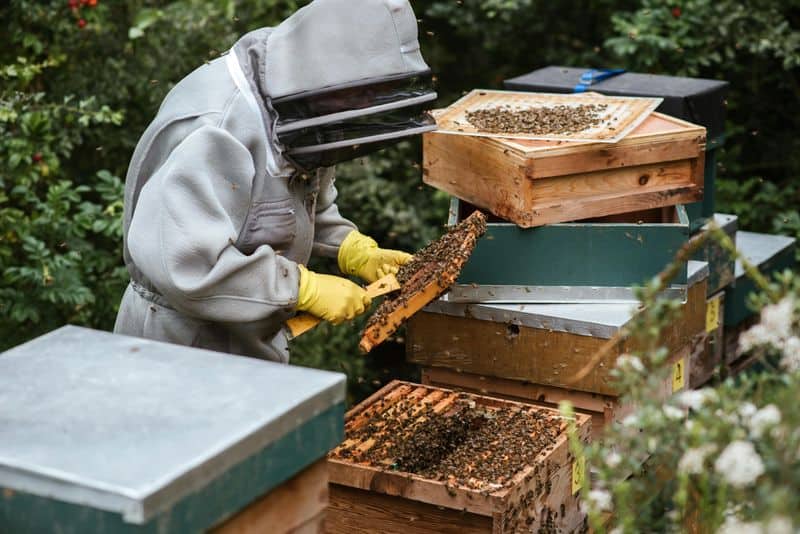
Safety in beekeeping is paramount. Equip yourself with a quality bee suit, gloves, and veil.
This protective gear shields you from stings, allowing you to work comfortably with your bees. Ensure your suit fits well to prevent curious bees from sneaking inside.
Remember, confidence grows with protection, helping you manage your hive like a pro. With the right attire, you’re ready for a sting-free experience.
3. Understanding Bee Behavior
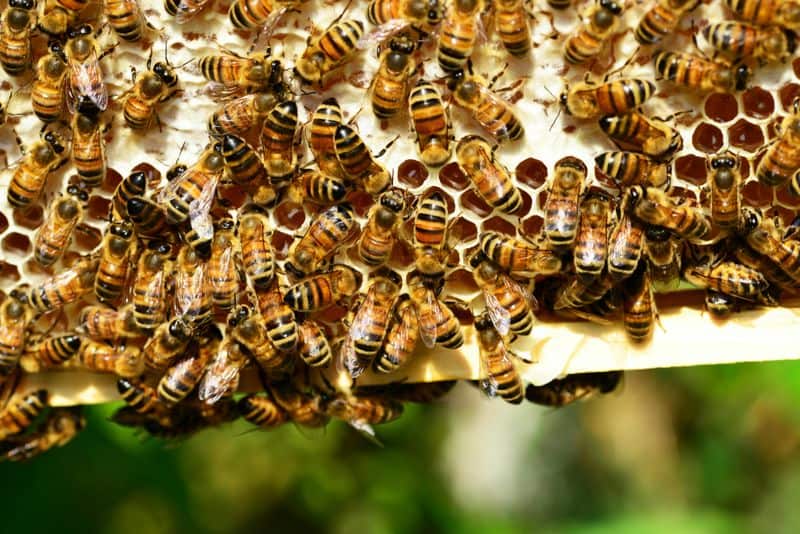
Delve into the fascinating world of bees by observing their behavior. Notice how they communicate through dance or how the queen lays eggs.
Understanding these behaviors helps in managing your hive effectively. You’ll learn when they’re calm or agitated, making inspections smoother.
This knowledge turns you into a better beekeeper, fostering a harmonious relationship with your buzzing partners. Embrace this bee ballet!
4. Healthy Hive Management
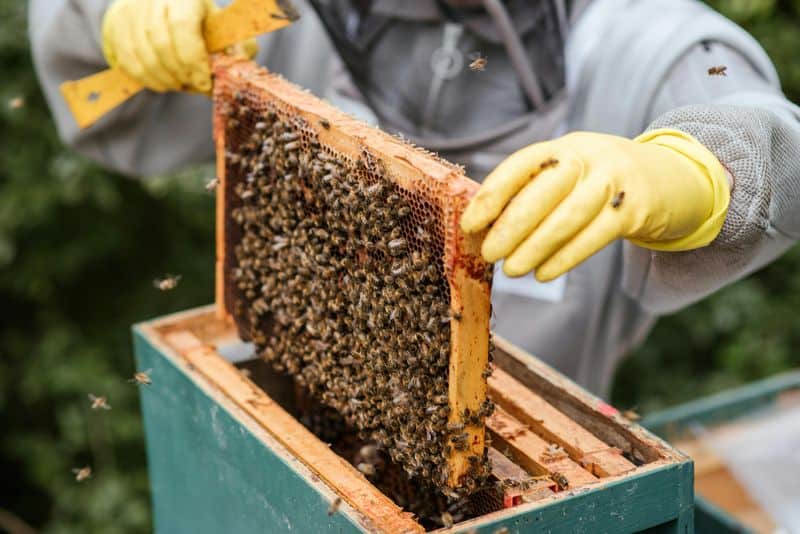
Keeping a hive healthy is an ongoing task. Regular inspections for diseases and pests are vital. Familiarize yourself with common ailments like Varroa mites.
Act promptly if any issues arise, using treatments as necessary. A healthy hive is more productive and less prone to collapse.
Your bees rely on you for a clean, safe environment. A well-managed hive means happy bees and a bountiful honey harvest.
5. Feeding and Nutrition
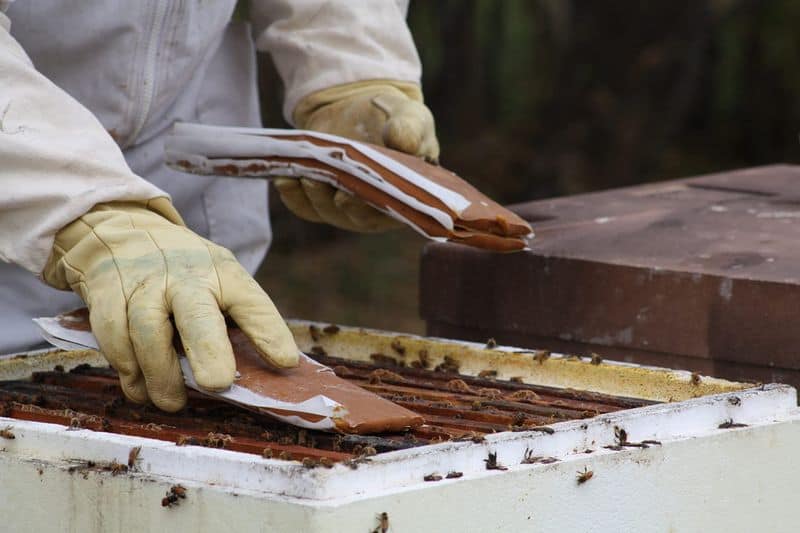
Proper nutrition supports strong bees. During nectar dearths, supplement their diet with sugar syrup or pollen patties.
Monitor their food stores, especially in winter. Balanced nutrition promotes robust health, aiding in disease resistance and boosting productivity.
Your bees’ vigor depends on their diet, making your role as their caretaker essential. With a little extra care, your bees will thrive even in tough times.
6. Harvesting Honey
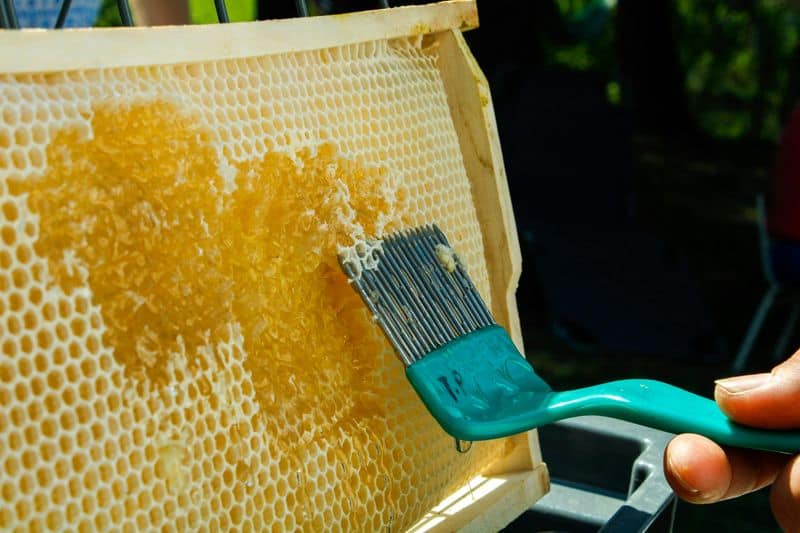
Harvesting honey is a sweet reward. Timing is key! Extract when frames are two-thirds capped. Use a honey extractor for efficiency, ensuring minimal bee disturbance.
Taste the fruits of your labor, knowing it’s pure and natural. Remember to leave enough honey for the bees’ survival, especially in winter.
This balance ensures sustainability, keeping both you and your bees satisfied. Relish in the golden bounty!
7. Handling Swarms
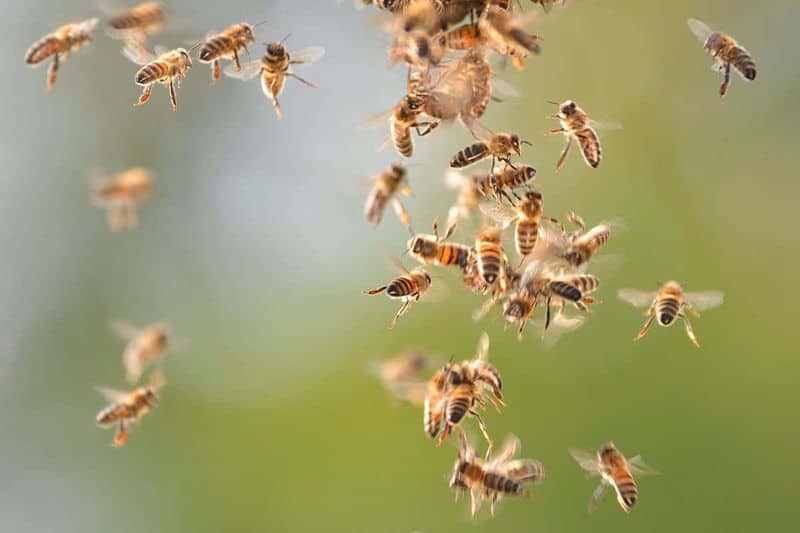
Swarm season is an exciting time. Spotting a swarm is thrilling but requires calm handling. Gently capture it using a hive box, ensuring the queen is included.
Swarms indicate a thriving colony, an opportunity to expand your apiary.
Handling them with care prevents unnecessary stings and ensures their successful relocation.
Each swarm is a chance to grow and learn, adding to your beekeeping prowess.
8. Winter Preparation
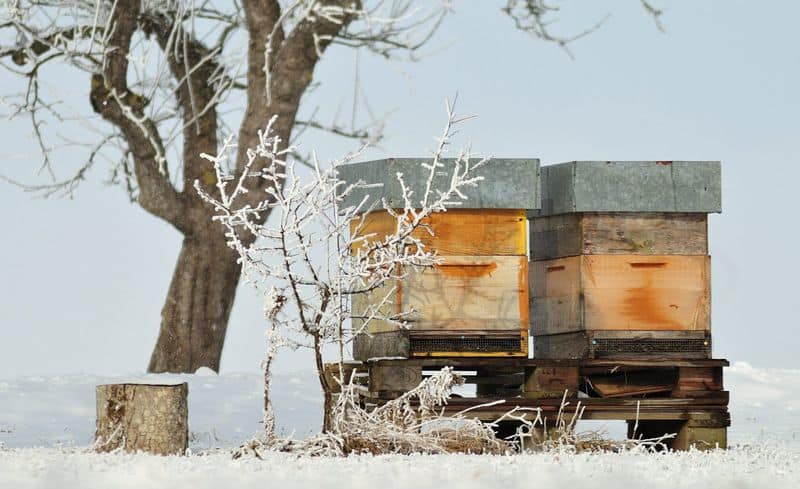
As winter approaches, preparing your hive is vital. Insulate the hive to retain heat, ensuring ventilation to prevent moisture buildup.
Reduce the entrance to avoid drafts. Adequate food stores are essential for survival. Winter is a test of your caretaking skills.
Successful preparation results in a strong spring emergence. Your bees rely on you to weather the cold months, ensuring a thriving future.
9. Mindful Hive Inspection
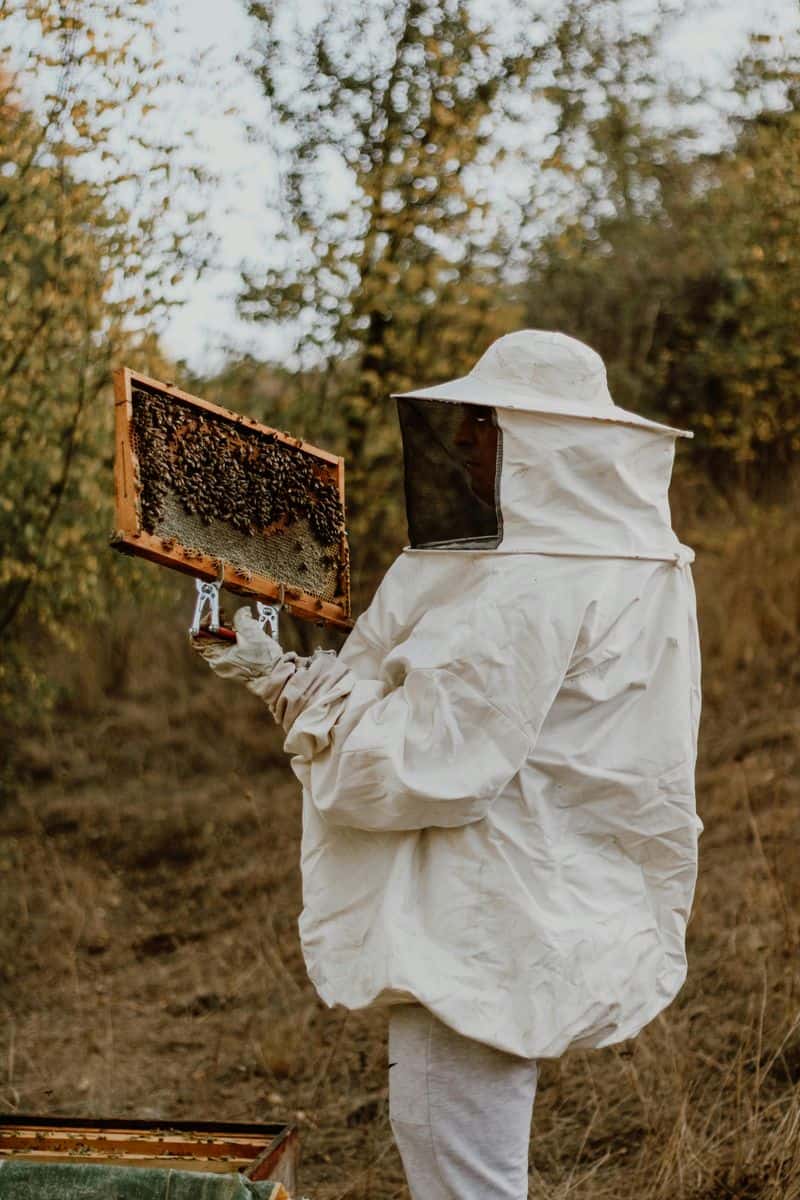
Regular hive inspections are essential for monitoring health. Approach the hive calmly, avoiding sudden movements.
Assess hive strength, brood patterns, and honey stores. Keep detailed records to track progress and identify issues early.
Mindful inspection ensures a thriving colony, allowing you to address concerns promptly.
Your attentiveness fosters a peaceful environment, strengthening your bond with the bees.
10. Joining a Beekeeping Community
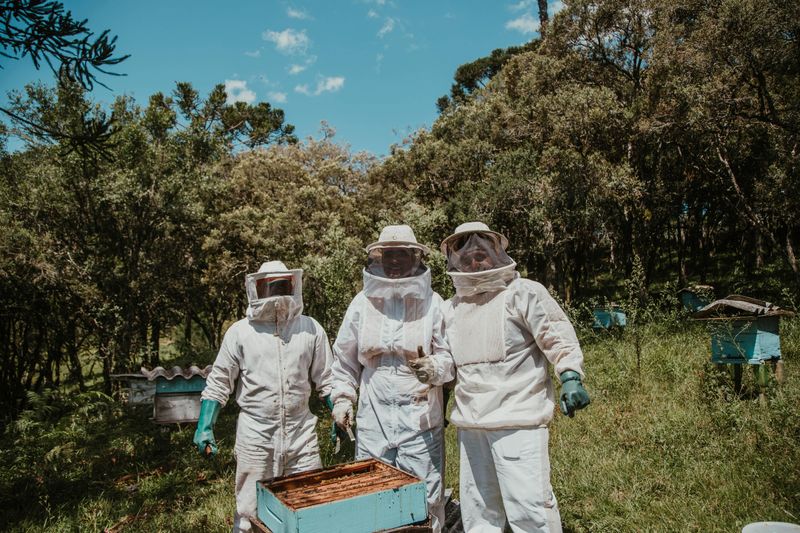
Community support is invaluable. Join local beekeeping groups to share experiences and learn from seasoned keepers.
Access to resources and advice enhances your skills, keeping you informed about best practices.
These connections provide encouragement during challenges, making beekeeping a shared adventure.
You’re not alone in this journey! Embrace the camaraderie and collective wisdom of fellow beekeepers. Together, you’ll grow and succeed.

